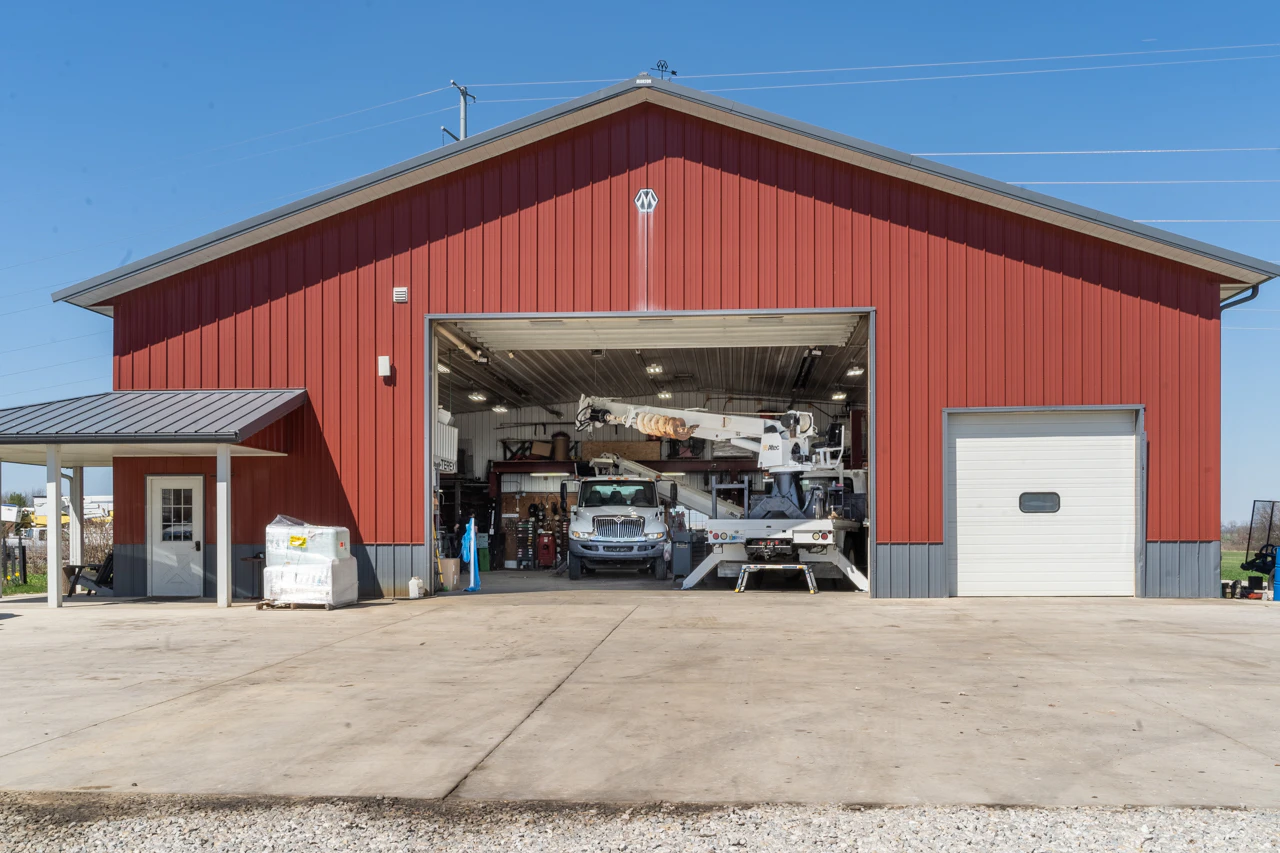

How to Maximize Fuel Economy in Your Long-Haul Fleet
When you manage a long-haul fleet, fuel is your biggest recurring cost—period. At the scale most operations run, even a modest boost in fuel economy can translate into thousands of dollars saved each month. For fleet operators based in or passing through Goshen, IN, staying competitive means squeezing every last mile out of every gallon. From aerodynamics to ECM tuning, here’s how to reduce fuel burn without slowing your fleet down.
Focus on Driver Behavior First
Before investing in equipment upgrades, start with what has the highest impact: your drivers. Studies consistently show that driver behavior is the single biggest factor in fuel economy. Driver training programs, telematics monitoring, and incentive-based bonuses for fuel-conscious habits can create lasting improvements that cost you nothing but a mindset shift.
Key habits to reinforce:
- Smooth, consistent throttle application
- Avoiding aggressive braking or sudden acceleration
- Maintaining a steady speed using cruise control
- Reducing unnecessary idling
- Smart shifting in manual or semi-auto transmissions
Keep Your Tires Properly Inflated
Underinflated tires are a fuel efficiency killer. For every 10 psi of underinflation, you lose about 1% of fuel economy. Multiply that across 18 wheels and thousands of miles, and you’ve got a silent drain on your profits. Properly inflated tires not only reduce rolling resistance—they improve safety, handling, and tread life.
To prevent this:
- Check tire pressure daily with calibrated gauges
- Use automatic tire inflation systems when possible
- Rotate tires regularly and inspect for abnormal wear
- Keep alignment in check to reduce drag
Invest in Aerodynamic Enhancements
At highway speeds, wind resistance is your engine’s worst enemy. Fortunately, modern aero devices can drastically reduce drag and improve fuel efficiency, especially on long, flat stretches of highway like those in northern Indiana. While these upgrades involve upfront costs, many fleets see ROI in under 12 months—especially those logging high annual mileage.
Effective aerodynamic add-ons:
- Roof fairings and side extenders
- Trailer skirts and tail fairings
- Wheel covers and hubcaps
- Cab-to-trailer gap reducers
Reduce Unnecessary Idling
Idling is often viewed as a necessity for driver comfort or equipment function—but it’s also one of the most wasteful habits in long-haul operations. A single hour of idling can burn up to a gallon of diesel fuel.
Solutions include:
- Installing auxiliary power units (APUs)
- Using battery HVAC systems for cab comfort
- Implementing idle-shutdown settings via ECM
- Training drivers to shut down engines during extended stops
Maintain Engine and Drivetrain Health
A poorly maintained engine doesn’t just run rough—it burns more fuel to get the same job done. Sticking to a strict preventive maintenance schedule ensures optimal combustion, efficient airflow, and minimal parasitic loss. Even small losses in compression or boost pressure can lead to big drops in MPG over time.
Prioritize the following:
- Clean air and fuel filters
- Turbocharger inspections and boost leak testing
- Regular oil and coolant changes
- Valve and injector calibration
- Transmission and differential fluid servicing
Leverage Telematics and Data Tracking
Fuel management without data is guesswork. With modern fleet telematics, you can track individual truck performance, driver habits, idle times, and route efficiency—giving you real-time insights and long-term trends.
Features to look for:
- MPG tracking per route and per driver
- Alerts for excessive RPMs, speeding, or idle time
- Diagnostic trouble code (DTC) reporting
- Fuel theft or misfueling alerts
Smart Load Management Makes a Big Difference
Hauling unnecessary weight or poorly distributed loads puts more strain on your engine, tires, and brakes—reducing MPG and increasing wear. Over time, poor load management can even cause suspension and frame issues.
Here’s how to improve it:
- Eliminate deadhead miles through route optimization
- Use load boards to stay full on return legs
- Train shippers and loaders on even weight distribution
- Reduce onboard clutter and excess equipment weight
Every 1,000 pounds of unnecessary weight can reduce fuel economy by up to 0.5 MPG—across hundreds of trucks, that adds up fast.
A Fuel-Efficient Fleet is a Profitable Fleet
Fuel efficiency isn’t about sacrificing speed or power—it’s about running smarter. From tire pressure and driving habits to maintenance and tech upgrades, there are countless ways to trim costs without trimming productivity. In a market where fuel costs rise and margins shrink, mastering fleet fuel economy is a non-negotiable advantage.
At Boom Tech, we partner with long-haul fleets in Goshen, IN, to implement real-world strategies that reduce costs and keep rigs rolling lean. To learn how to keep your trucks in peak condition, read our article on preventive maintenance.




